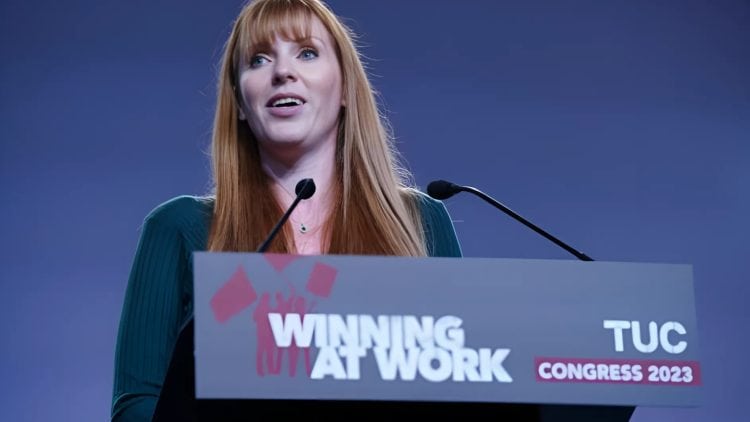Angela Rayner, Labour’s deputy leader, has signalled support for a four-day working week, following her pledge to bolster workers’ rights. This approval could lead to widespread changes in how Britons work, starting with South Cambridgeshire Council.
Why Consider a Four-Day Working Week?
South Cambridgeshire Council has long advocated for a shift to a four-day working week. Initially, the council was required to report on how this change might impact productivity and workplace practices. However, this requirement has now been lifted, paving the way for a smoother transition.
Advocates see the four-day week, with full pay for five days’ work, as a breakthrough for workers’ rights, offering staff greater flexibility and efficiency. Yet, critics worry it could harm productivity.
South Cambridgeshire to Benefit from a ‘Hands-Off’ Approach
Rayner, who also serves as Local Government Secretary, has clarified that local authorities have the right to decide their own working practices. She emphasised that councils are “rightly responsible” for how they manage employees, including work schedules.
Labour clarified: “Although the government doesn’t officially support a four-day week with five days’ pay, we respect local authorities’ independence in managing their own workforces.”
London Tube Drivers Offered a Four-Day Week
In London, tube drivers recently agreed to call off planned strikes after being offered a pay increase and a four-day working week. The ASLEF union now has until January 2025 to finalise how these schedules will be implemented.
This development has sparked debate. Some argue that Labour’s recent tax increases and policies like the four-day week make life harder for businesses. The discussion around the impact on productivity and business costs looks set to continue.
You may also like: Corbyn: indefinite removal of Palestinians from northern Gaza is ‘ethnic cleansing’







